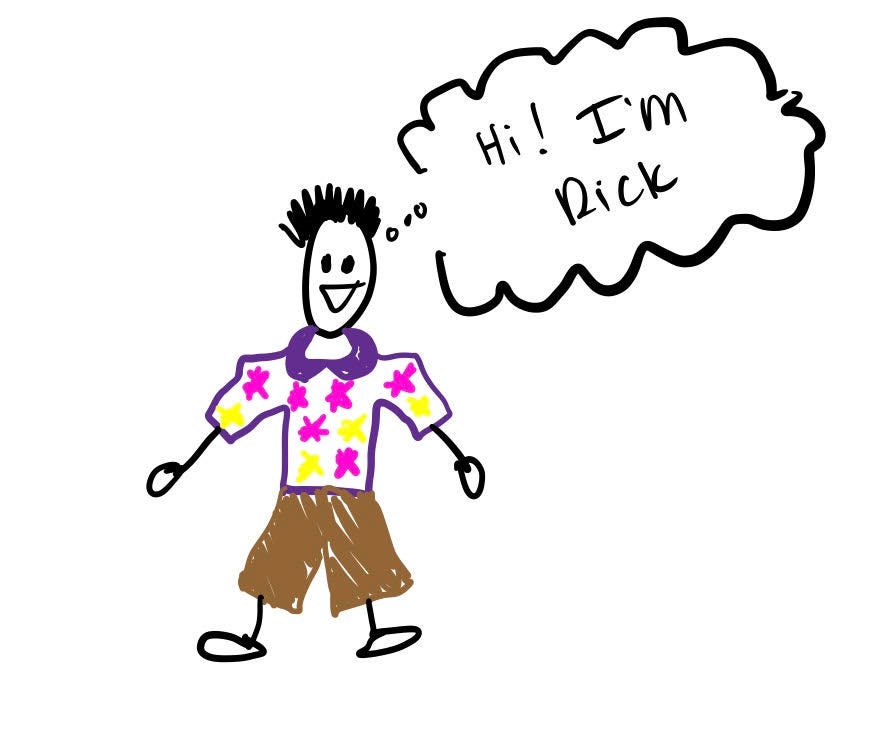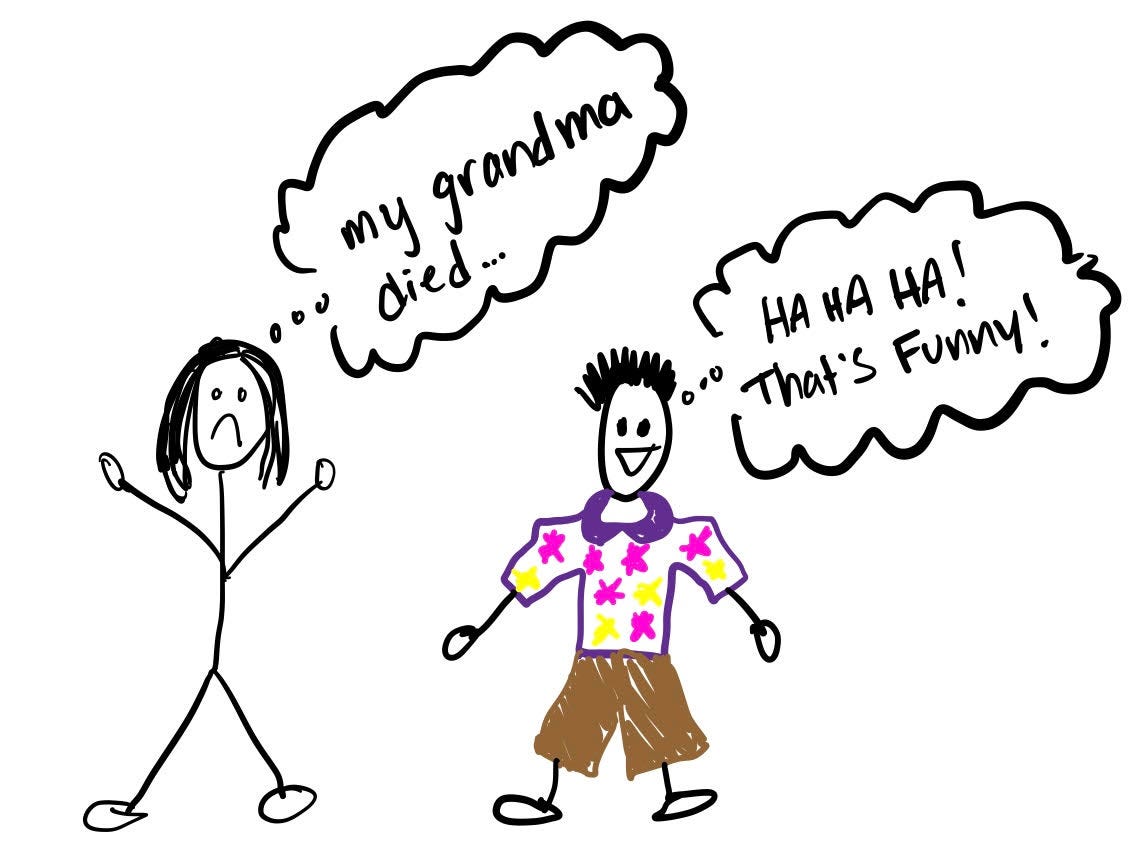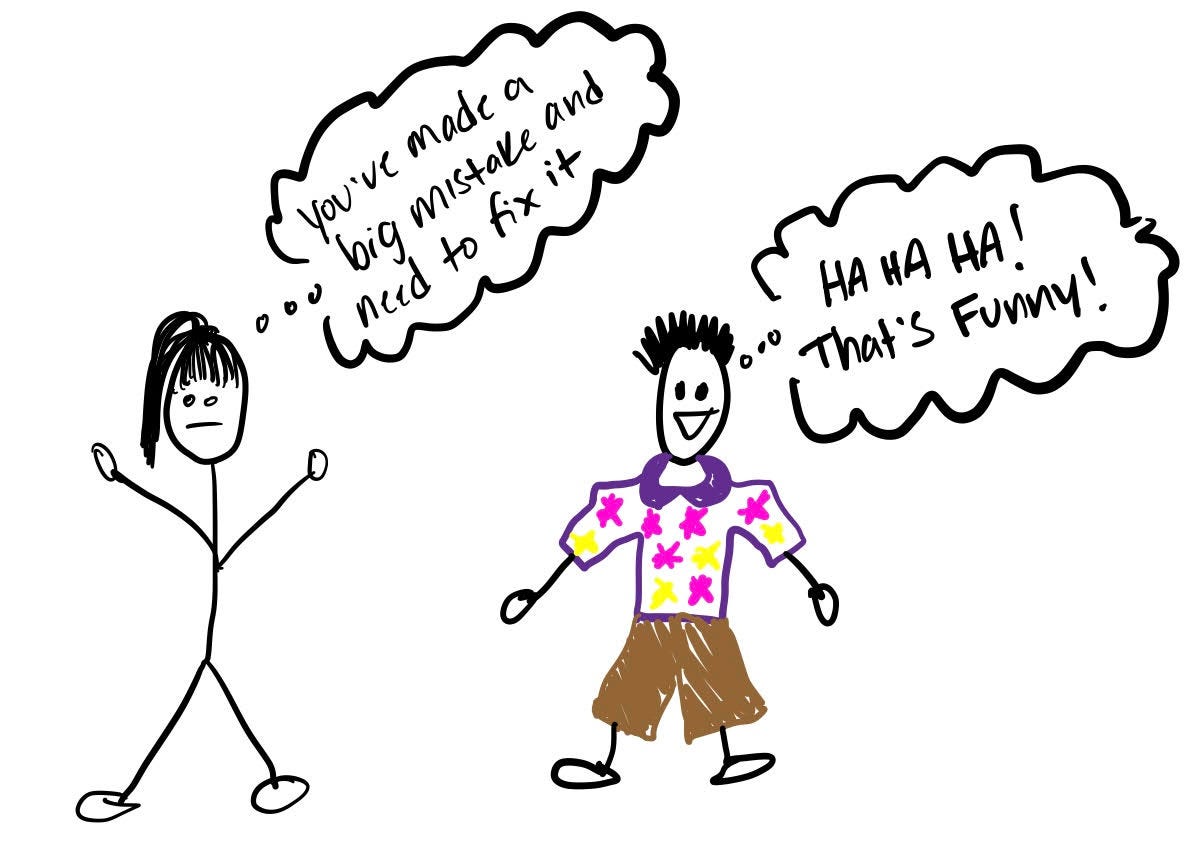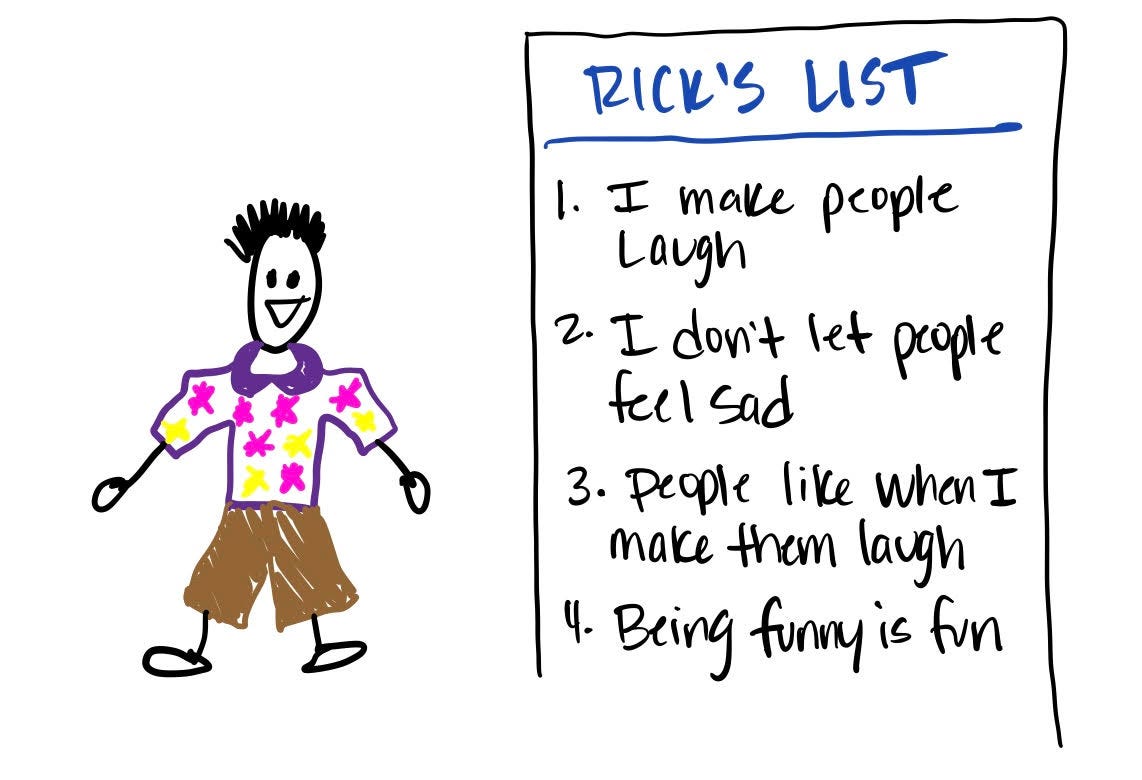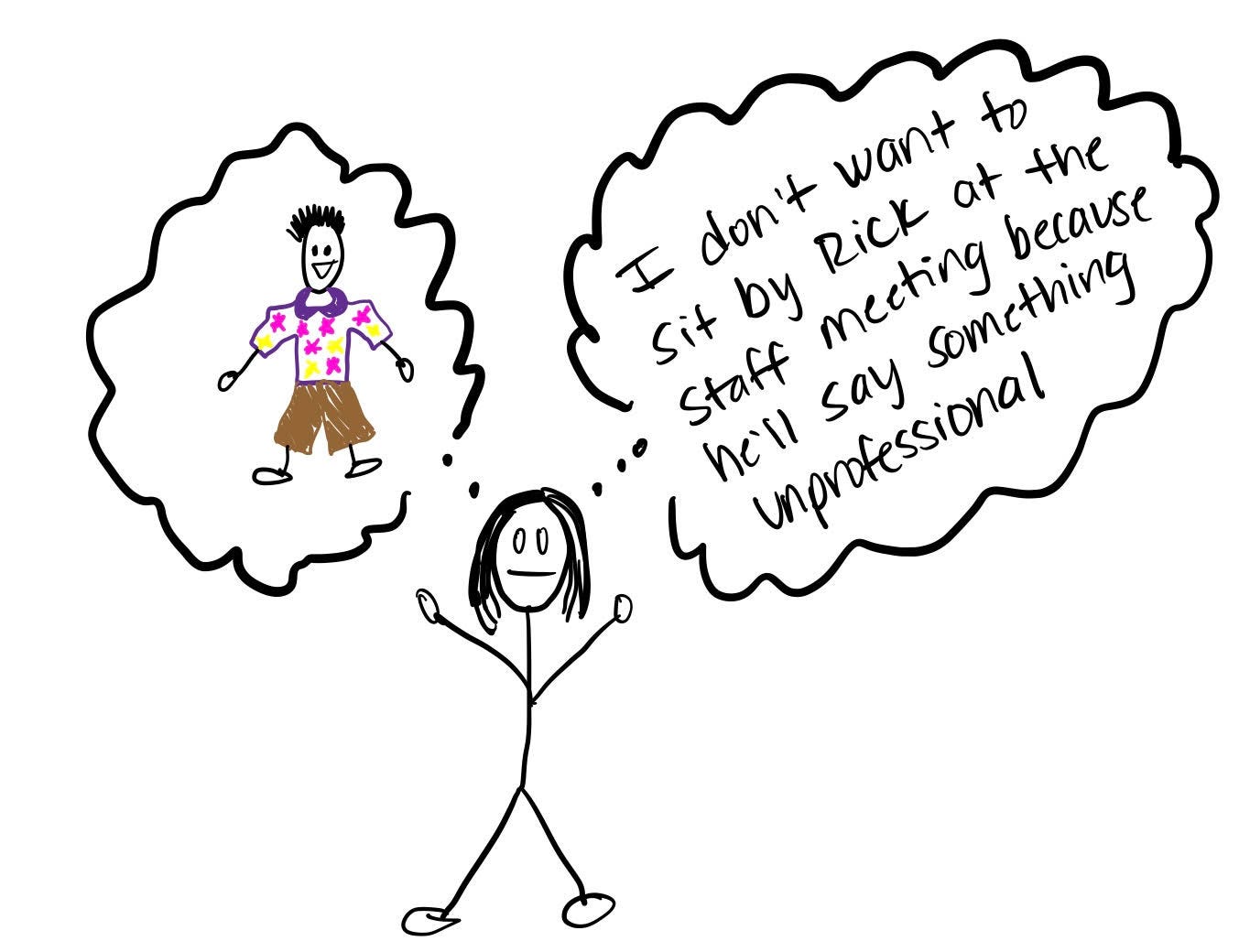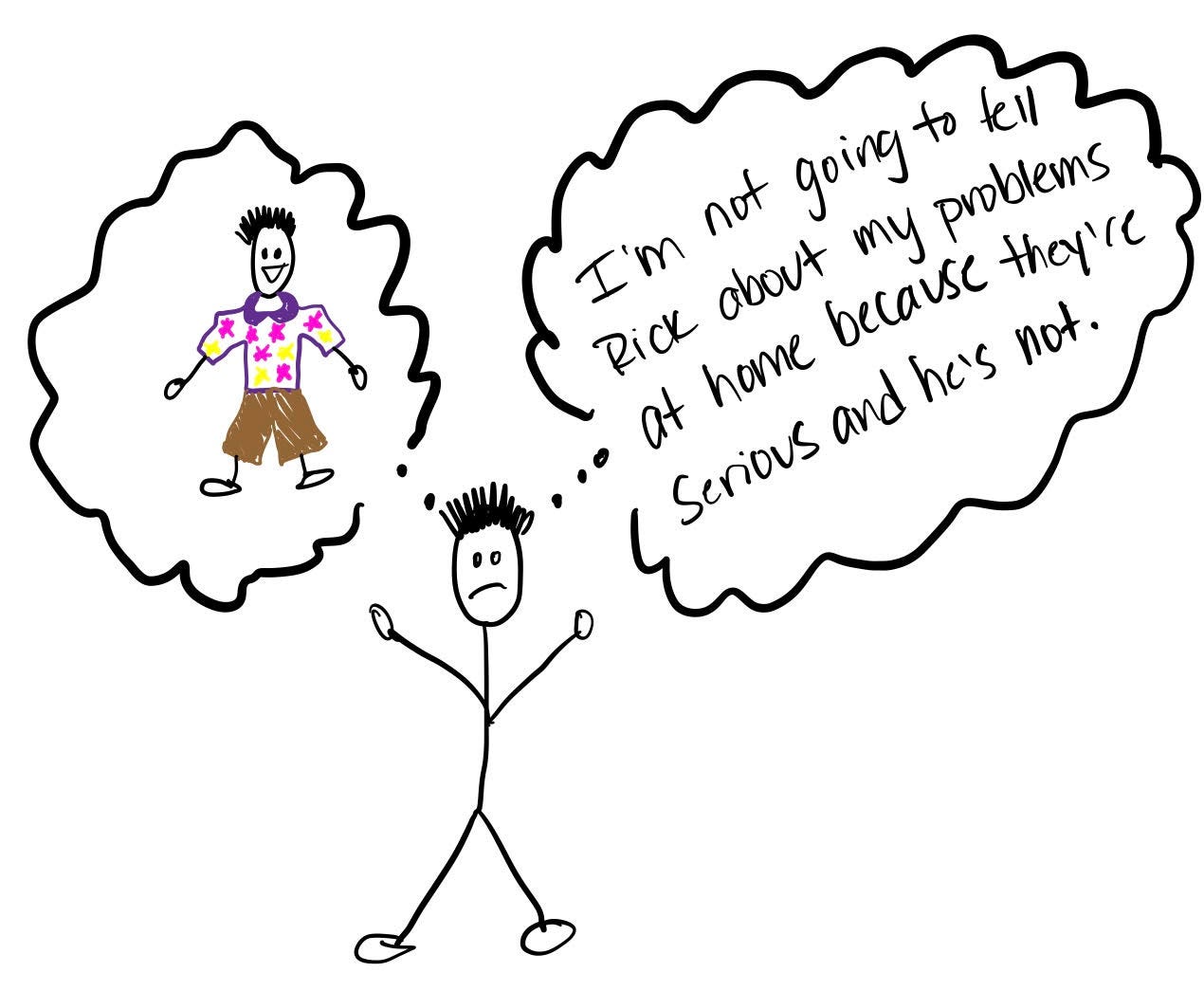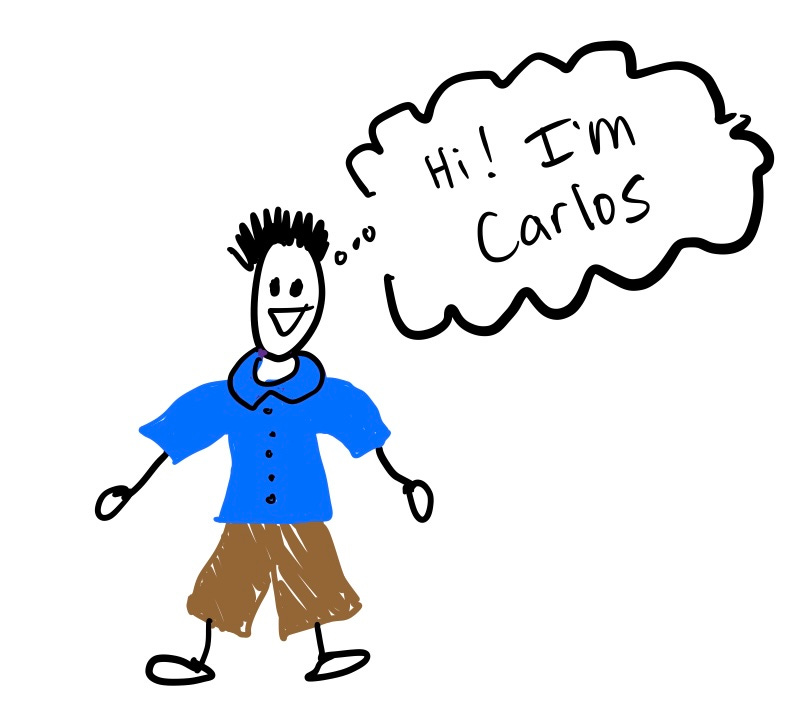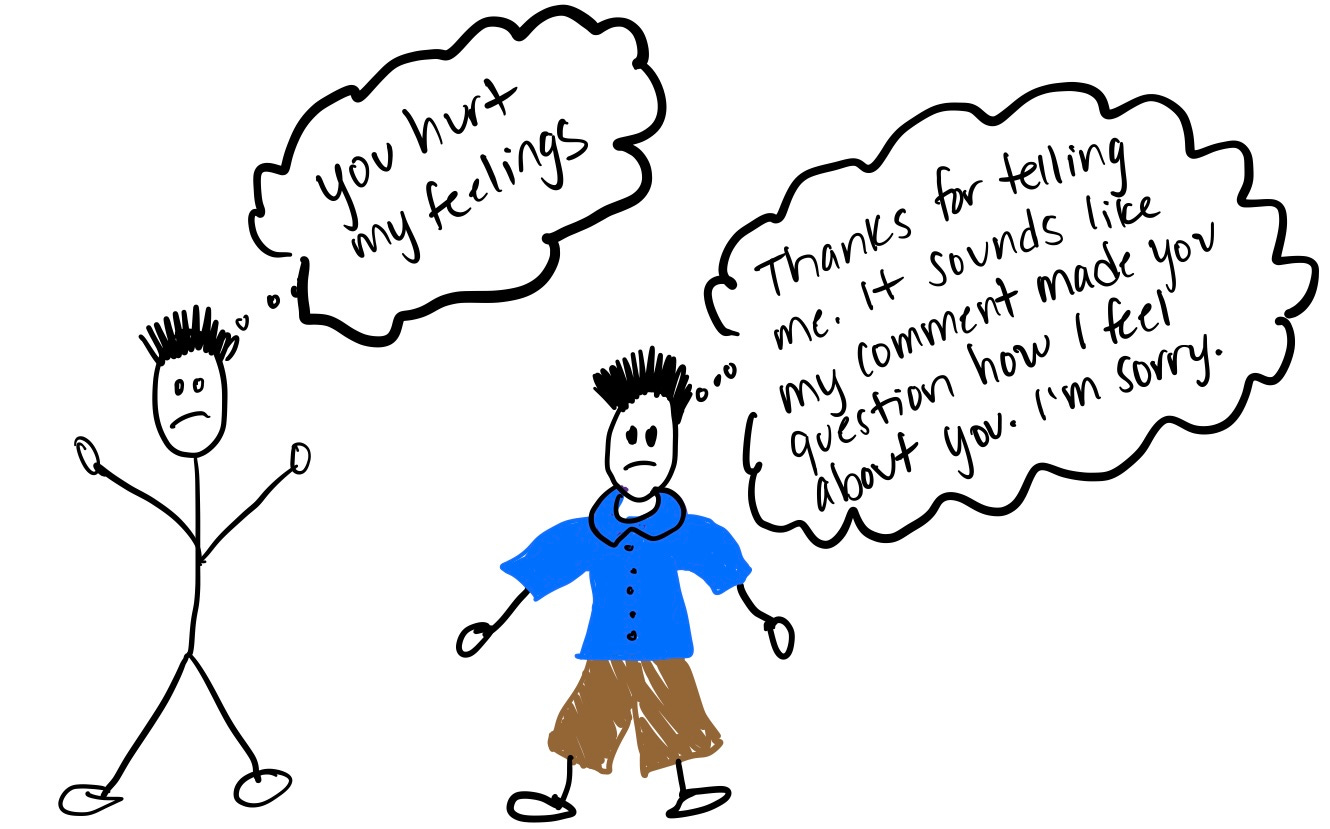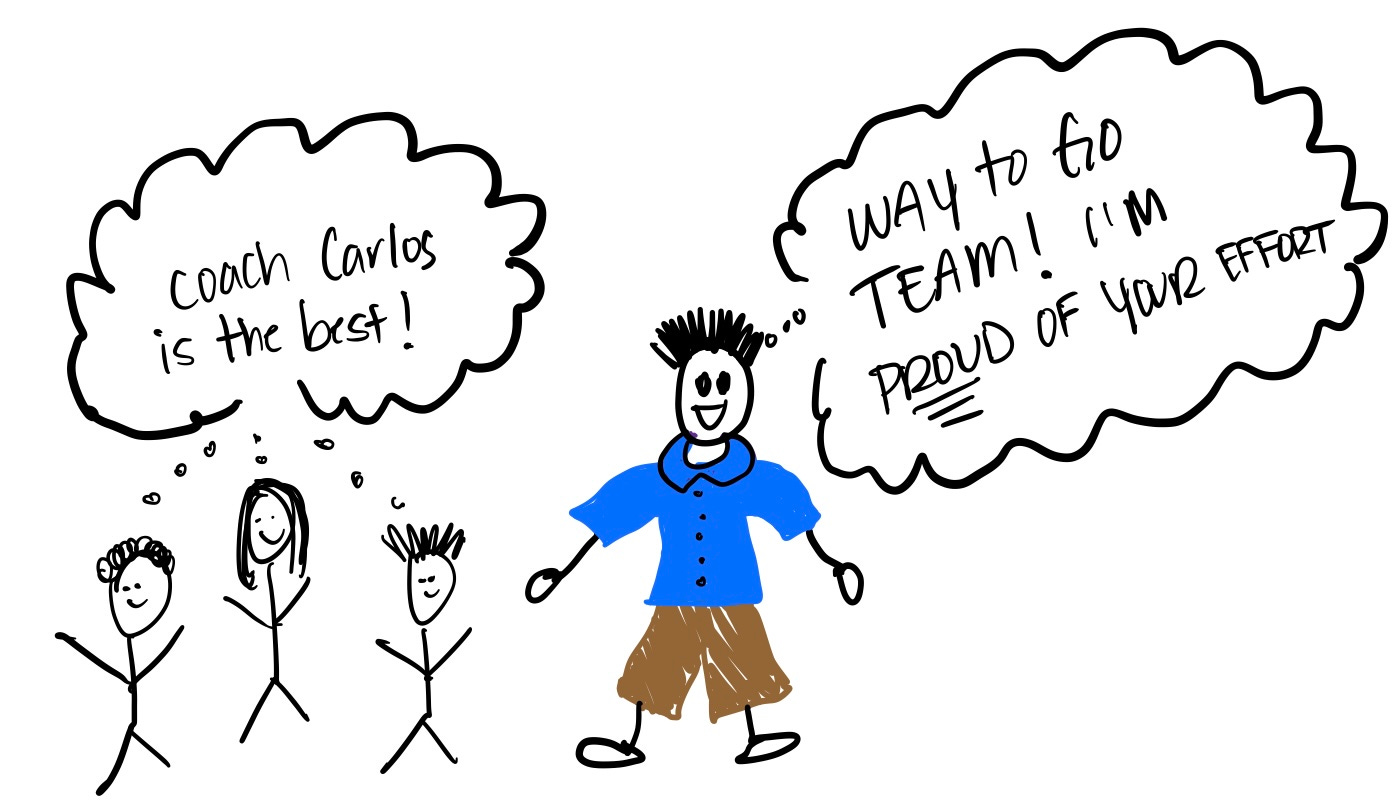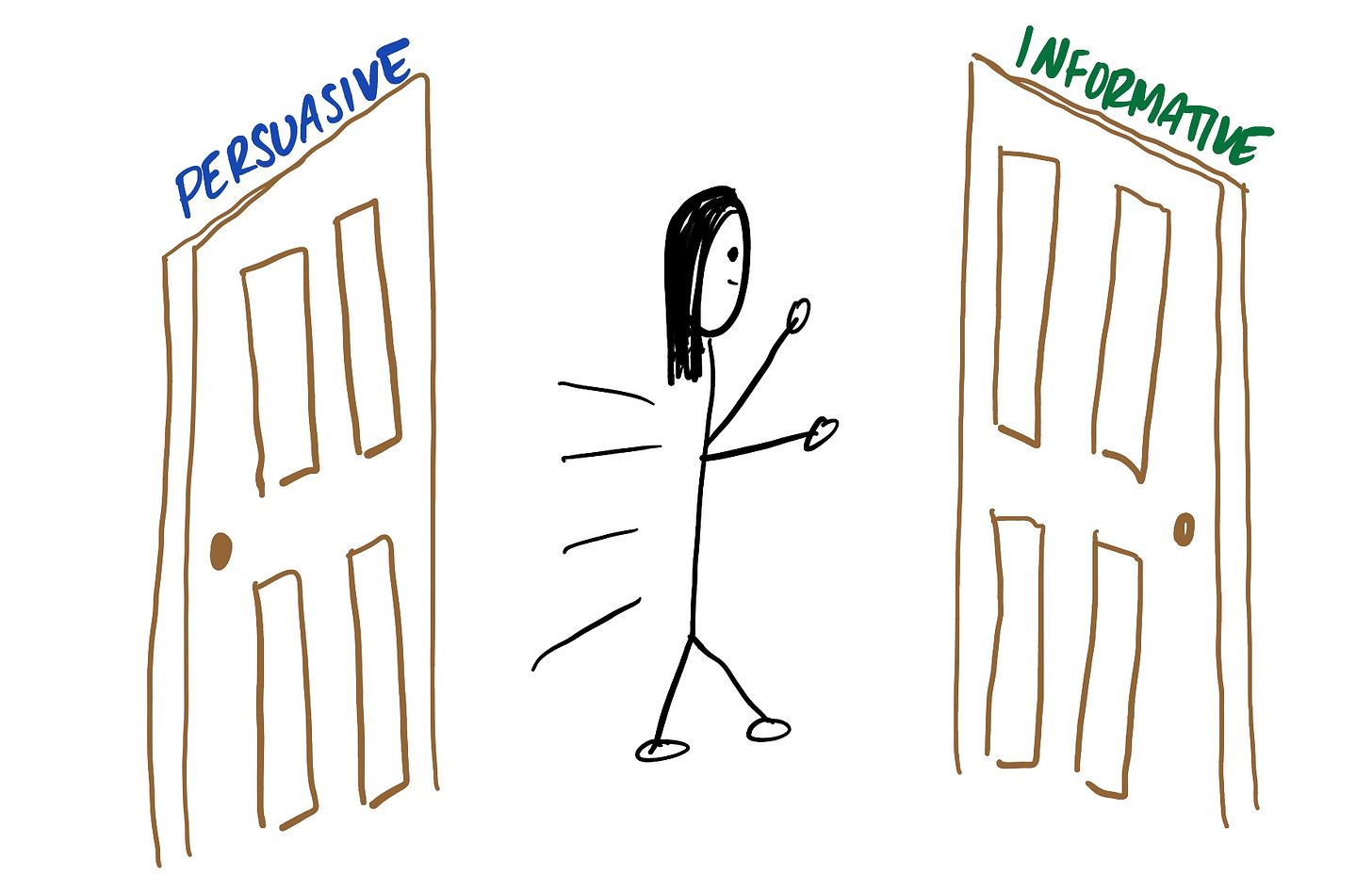Social Flexibility: The Most Important Skill You Need to Develop in 2022
Your social skills sit on a spectrum:
On one end of the spectrum, you have Socially Static; Inflexible.
Static means little to no change — You ‘show up’ the same regardless of the person or the situation.
Meet Rick. Rick is Static.
He shows up in every situation as the funny guy.
From Rick’s perspective, there are a lot of positives to being the funny guy:
But Rick’s co-workers, clients, friends, and family feel differently:
On the other end of the spectrum, you have Socially Dynamic; Flexible.
Dynamic means continuous change — How you ‘show up’ depends on the person or the situation.
Meet Carlos. Carlos is Dynamic.
How he shows up depends on the context of the situation.
From Carlos’ perspective, there are a lot of positives to being socially flexible:
And Carlos’ co-workers, clients, friends, and family feel the same:
There’s one distinction I want to make before going on…
Social flexibility doesn’t mean inauthentic.
In fact, it’s the realization of your most authentic self.
Social flexibility doesn’t mean you simply put on whatever mask you think any person or situation demands of you. Social flexibility is more mindset than action. It comes from a place of confidence and compassion.
Social flexibility asks: “How can I serve this situation while staying true to my values?”
Think of social flexibility as your personality wardrobe.
When you walk into your closet each morning, you see choices. In this case, those choices are the range of personality traits available to you; the ones you’ve picked up along the way. They might be different from one another, but they’re all your ‘style’ — after all, you’re the one who chose to hang them in your closet.
Your authentic self isn’t rigid.
If you show up as the same person in every situation, you’re being inauthentic; Because you’re disallowing yourself from choice. And each of us has a range of personality traits available to choose from in any given situation.
As Ed Batista says in Cautionary Tales (Authenticity at Work),
We are not--we cannot be--authentic in a vacuum or at a remove from others. To "be authentic" in isolation is meaningless. To "be yourself" without taking the context into account isn't authenticity--it's narcissism.
By now, my hope is you’ve concluded you want to be more like Carlos — socially flexible; dynamic.
I support your conclusion. A lot of good things come from being socially flexible:
Access to a more diverse social circle
Richer life experiences
More opportunity
Increased productivity
Less conflict
Increased confidence
As Michael Port says in Steal The Show,
...we win when we present the best parts of ourselves, but not every part of ourselves. We succeed when we amplify the parts of our personalities that match the needs of the moment and we set aside, but don’t hide, the parts of ourselves that don’t.
The next question we need to ask…
Can you learn how to be socially flexible? If so, how?
I believe the answer is yes, with two caveats: you must (1) agree that being socially flexible will serve you better than being socially static (2) be open to experimentation.
The first caveat doesn’t need an explanation. If you don’t see the advantages of being socially flexible, you should stop reading because I’m moving out of the persuasive portion of this post and into the informative portion.
The second caveat we can work with.
While thinking this through, I consulted my socially flexible friend, Nancy Newell.
Our conversation went something like this…
Kidding, sort of.
We took it further and thought through what that process could look like.
First, you need to want to become socially flexible. This can happen through exposure to a socially flexible person (like Carlos) — you grow to admire and want to be like — or, you develop an innate curiosity about yourself.
Where might this curiosity come from?
It would likely come from an important relational failure:
Your training client fires you because “you’re just not a good fit.”
You get passed on for a job you were sure you’d get.
You don’t get invited to a social event, but your other friends do.
You receive critical feedback during your performance review (when you expected nothing but rave reviews).
You’re ignored when trying to contribute to a group conversation.
In a moment of relational failure, you think to yourself, “Wow, that didn’t go how I thought it would. Could it be me?!”
This question is an important one because it’s the doorway to several bigger, more impactful questions:
Why did I show up in that situation the way I did? (conscious reflection)
How else could I have shown up in that situation? (exploration of your personality wardrobe)
How might have the situation played out differently if I were ____________ (enter personality trait) instead? (consideration and forecasting)
Armed with these questions, your next interaction is looked at as an experiment.
“What will happen if I show up in this situation as ___________ (enter personality trait)?”
The experiment commences.
And with each experiment comes feedback; Feedback that gives you critical information about how each of your personality traits shows up to other people and the power each has over the outcome of your presence in any given situation.
Now you’re accumulating reps, and each rep is a vote for or against your various personality traits.
Over time, you begin to favor certain wardrobes, and you develop a grounded confidence about your ability to select the ‘best’ wardrobe for the occasion.
At some point, you’ll look back at that personality spectrum and realize you’ve made some progress.
But if you’re like Rick, you’re motivated now and want to keep progressing.
That leads us to our next question…
Other than self-reflection, what daily habits would you want to develop — or things you’d want to do — to continue progressing on this spectrum?
Let’s talk about three:
1/ Pursue interactions and opportunities outside of your comfort zone.
Unfamiliar is your friend. When you have a conversation with someone you’ve never spoken to, or you put yourself in a situation that makes you feel uncomfortable, you experience freedom. Freedom to try on the personality traits you’ve traditionally put in the “off-limits” drawer — without the risk of someone saying, “you’re not being yourself.”
You might hesitate to experiment with your personality in social situations because the people that already know you might question your motives. The easiest workaround is to find new people to interact with and pursue new, uncomfortable experiences.
2/ Regularly seek out feedback from people who will be honest with you.
A powerful question you can ask when seeking feedback is, “How do you experience me?” (even better if you can tie it to a specific conversation or situation)
Yes, it’s weird. Yes, it works.
Just a few weeks ago, I met my friend Tanner Reklaitis in person for the first time ever. After spending the day together, he asked me: “So, now that we’ve spent some time together, how would you describe me?” It was perfect, and exactly what I’d coach you to do.
Your personality traits don’t hold meaning on their own; They gain meaning when you learn how they impact others. If you’re not sure if you’re being perceived in the way you intend, ASK.
3/ Read books.
Reading is like a cheat code for social flexibility. It gives you access to a broad spectrum of personality traits and shows you how those personality traits play out in various scenarios. After reading, you may feel motivated to try out a personality trait you’ve traditionally kept hidden.
I tend to favor biographies and business books for this purpose, but fiction also works.
Social flexibility is the flavor of life.
It’s an invitation to yourself to explore the many aspects of your personality, all of which are authentic and there to serve a purpose.
Authenticity isn’t rigid.
When you give yourself permission to show up as the best version of yourself for that specific situation, you realize the power of your presence.
A presence that’s dynamic.
Socially static says, “Take it or leave it.”
Socially dynamic asks, “How can I show up right now in order to serve myself AND this situation?”





